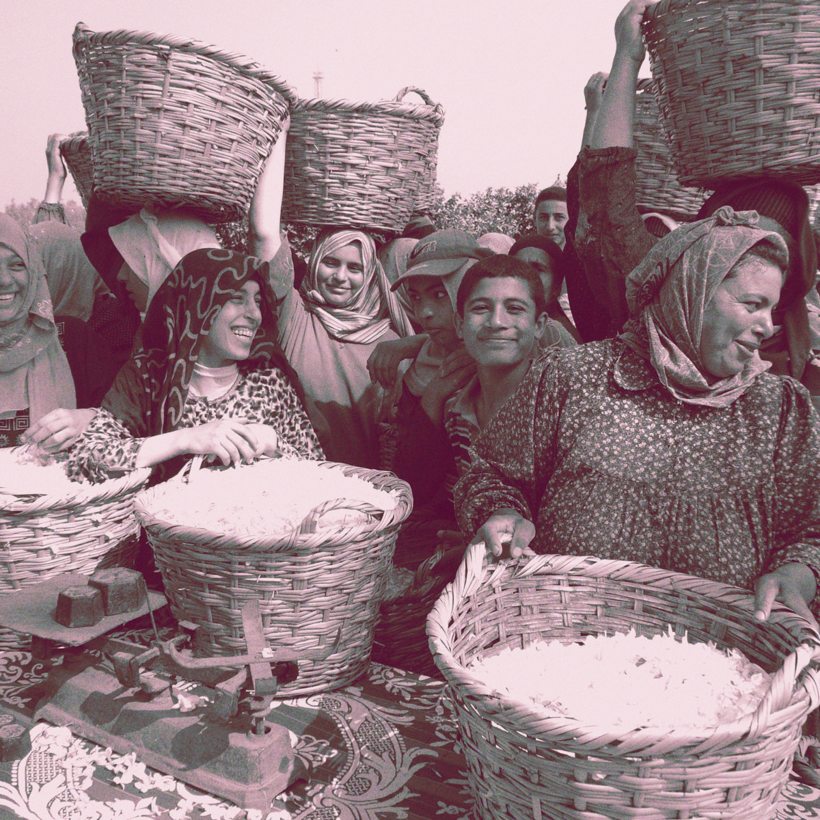I never thought I would write a book, despite my family and friends’ insistence. They would listen to stories about my latest journey to some distant, little-known destination, and ask questions such as “Have you taken notes?” and “This is great, but when are you going to write something about what you’re doing?”
I traveled the world in search of the essential oils and extracts that perfumers use in their labs to create formulas for the finest fragrances. I hunted for the sources of the natural part of a perfume, more than 150 different raw materials from almost 50 countries. After I’d spent more than three decades on those fragrant roads, quite a few people told me I had the greatest job in the world. I loved what I did—my life was rich in colors, encounters, and emotions—but gathering it into a book was not on my mind.

I was more than happy to share my stories verbally, though. Tales of vanilla growers in Madagascar, who live in a painful combination of beauty and utter poverty. Memories of the rose fields in Bulgaria, where the Roma people pick millions of fragrant roses every June, bringing them to the copper stills, where the magic of distilling essential oils happens. Stories of the banks of the Orinoco, in Venezuela, searching for tonka beans with the Panare people in the wild forest. Each discovery was rich and moving, but it took something special to give it all meaning.
After I’d spent more than three decades on those fragrant roads, quite a few people told me I had the greatest job in the world.
One day, I found myself en route to the Horn of Africa, the cradle of a magic ingredient: olibanum, the resin of frankincense trees. Few people travel to Somaliland—the United Nations does not even recognize it as a country. But I was lucky to have met a wonderful woman who was doing her best to valorize the gums of frankincense and myrrh trees. She greeted me in Hargeisa, Somaliland’s dusty capital, where we started our long journey to the frankincense trees. A young Somali tapper—a person who knows how to get resin from the trees—led us. It took hours of walking on dirt roads. For the last stretch of the journey, we rock-climbed to get up to the trees.

It was cold at the top of the hill among the frankincense trees. The tapper used his knife to gently remove the velvety gray bark. Milky pearls instantly appeared on the surface of the naked wood, and the wind blew their amazing scent my way. I witnessed the birth of what would dry to become the resin that would be burned or distilled into perfume.
At that moment, I realized what I saw had been going for more than 3,000 years. The place, the trees, the tapper, and his ageless knife, all traced back to the days when the Queen of Sheba moved her caravans north to visit King Solomon in Jerusalem and offer him the greatest quantity of frankincense he ever saw. I looked down, shivering, at the ancient paths below. The beauty of the scenery combined with the awesome smell of the new resin made me dizzy.
I knew I had to write a book, to somehow pay tribute to the incredible fragrant tapestry the farmers, tappers, pickers, distillers, and perfumers have been continuing to weave since times as ancient as mankind.
In Search of Perfumes was born there, up in the mountains of Somaliland, where the countless oils and scents that I had met along my roads came together with the frankincense resin to give meaning to my story.
Dominique Roques has been sourcing essences and extracts for the perfume industry for more than 30 years
